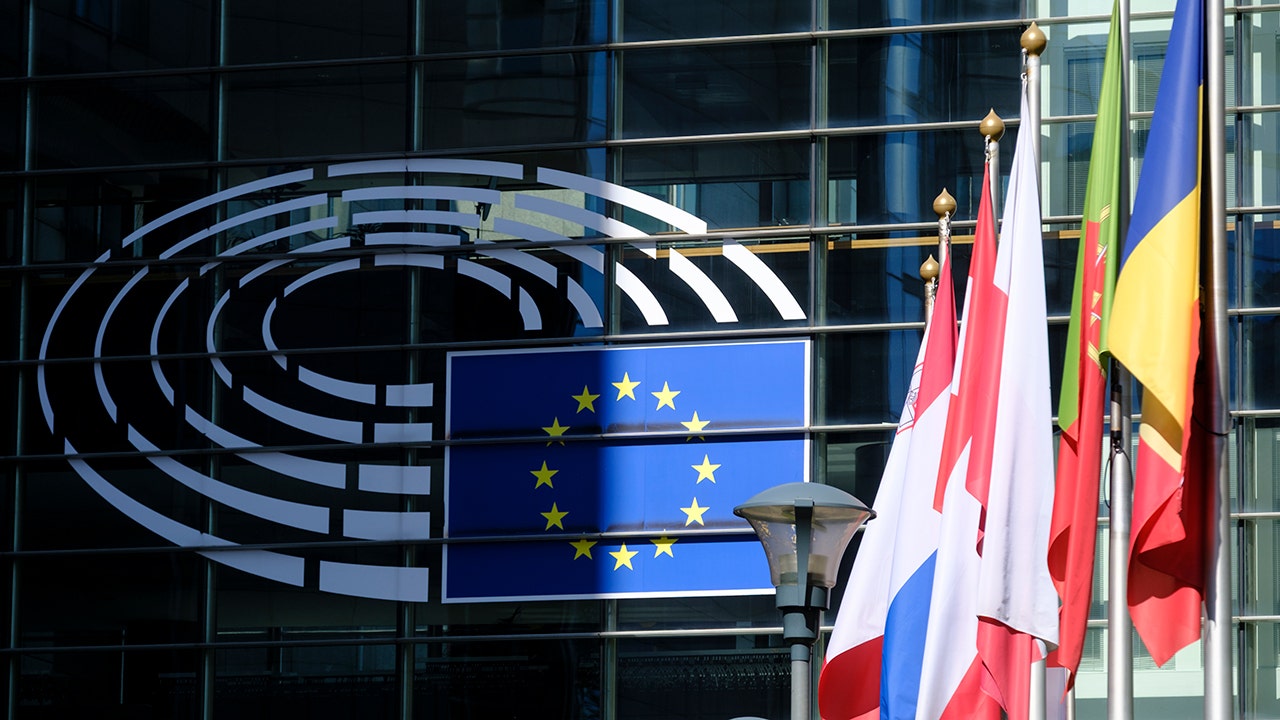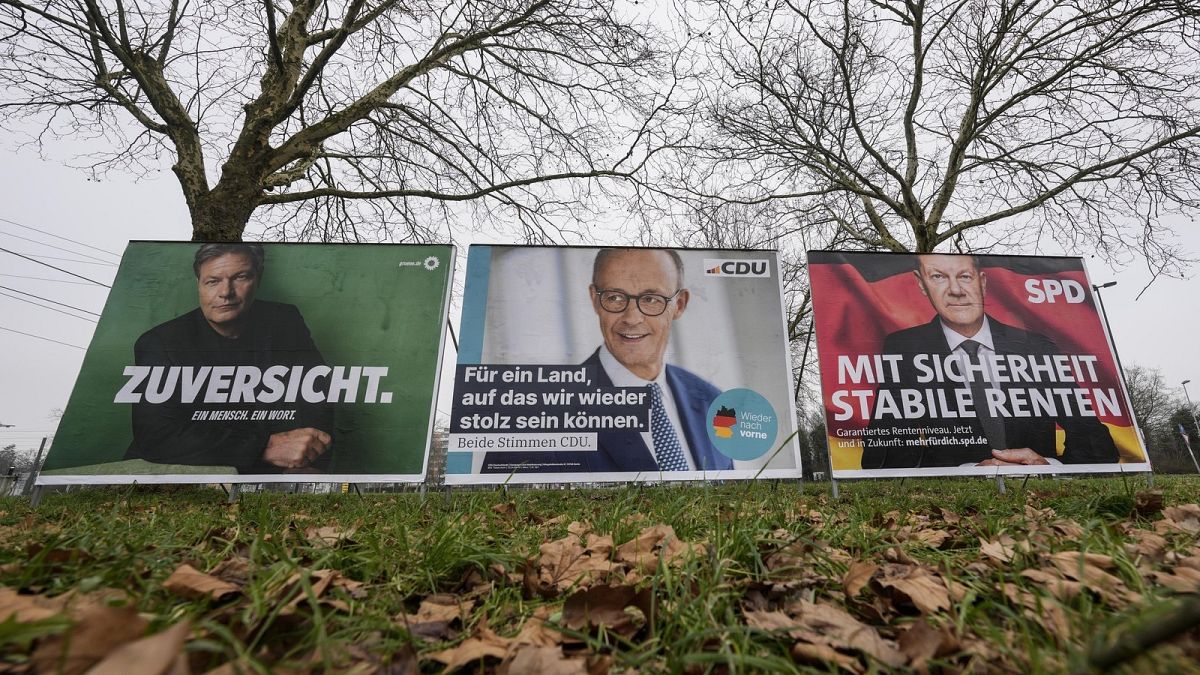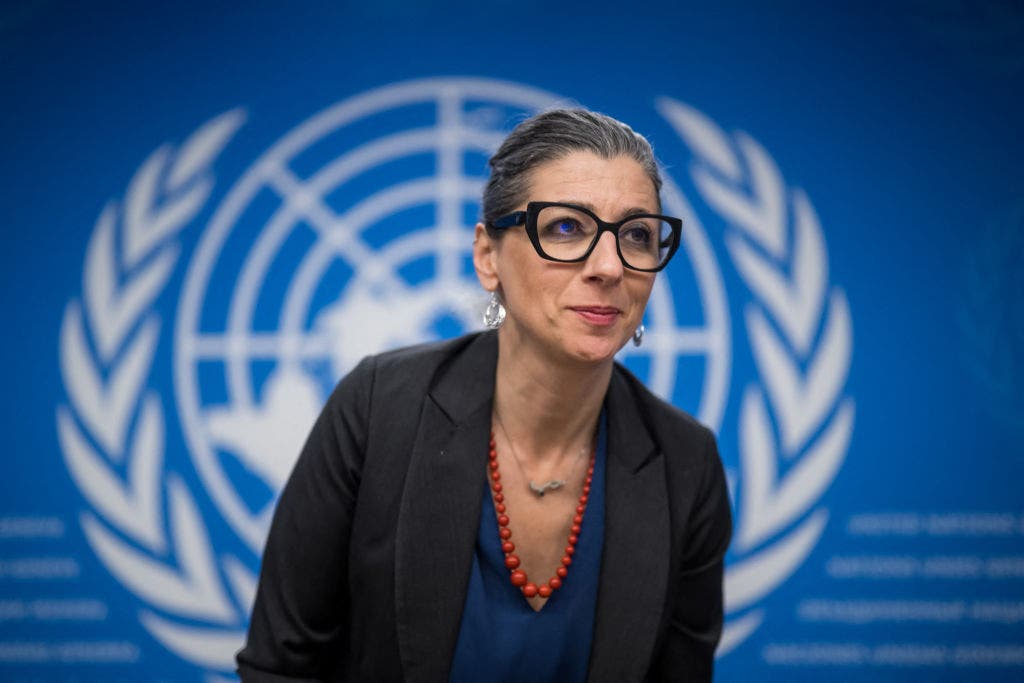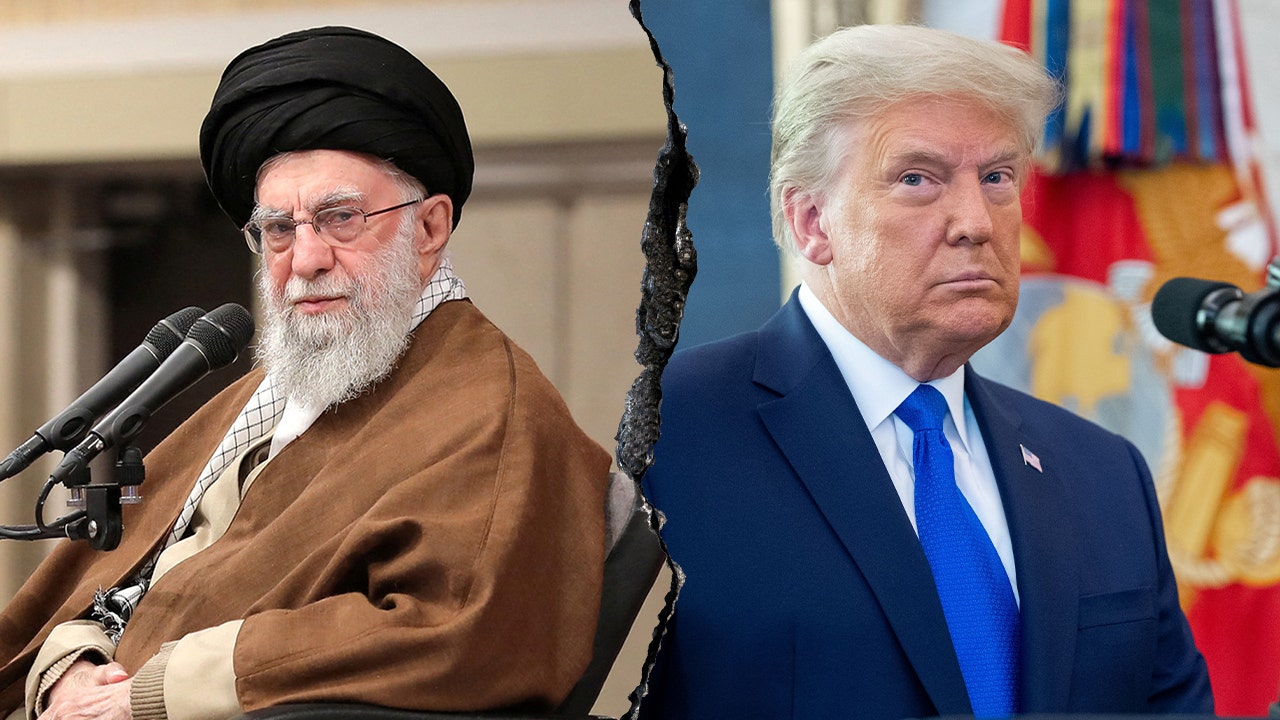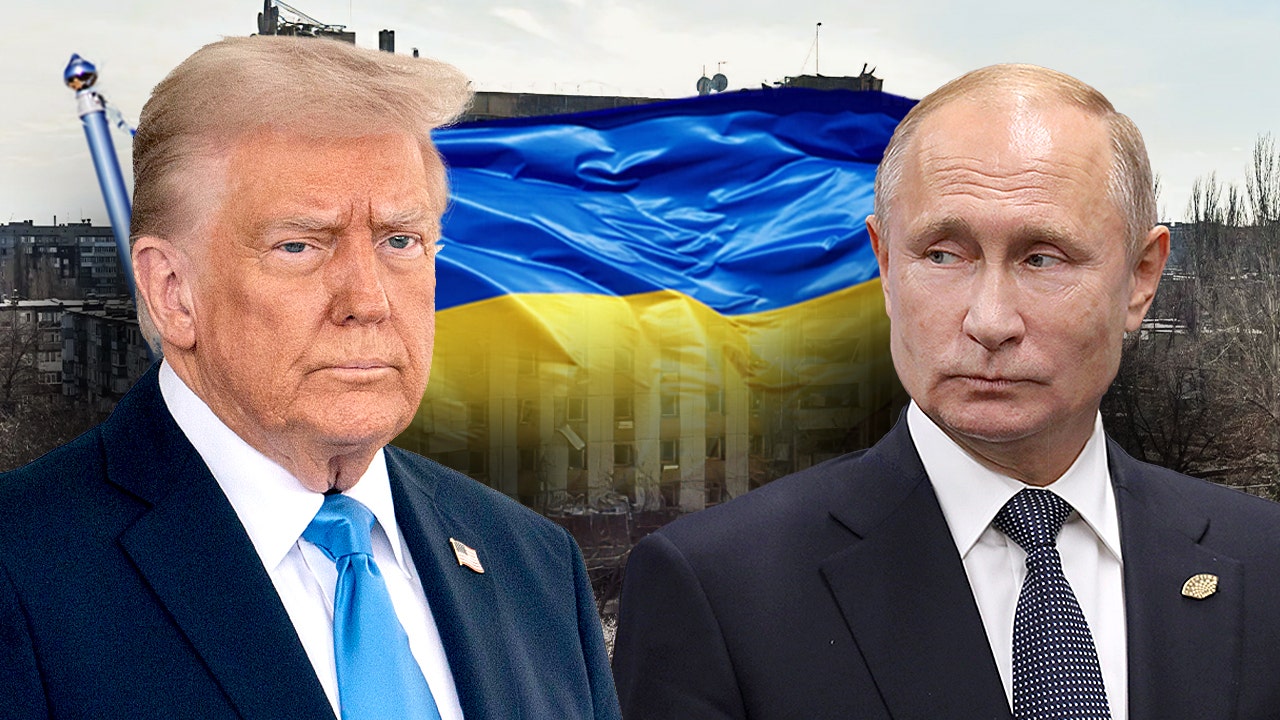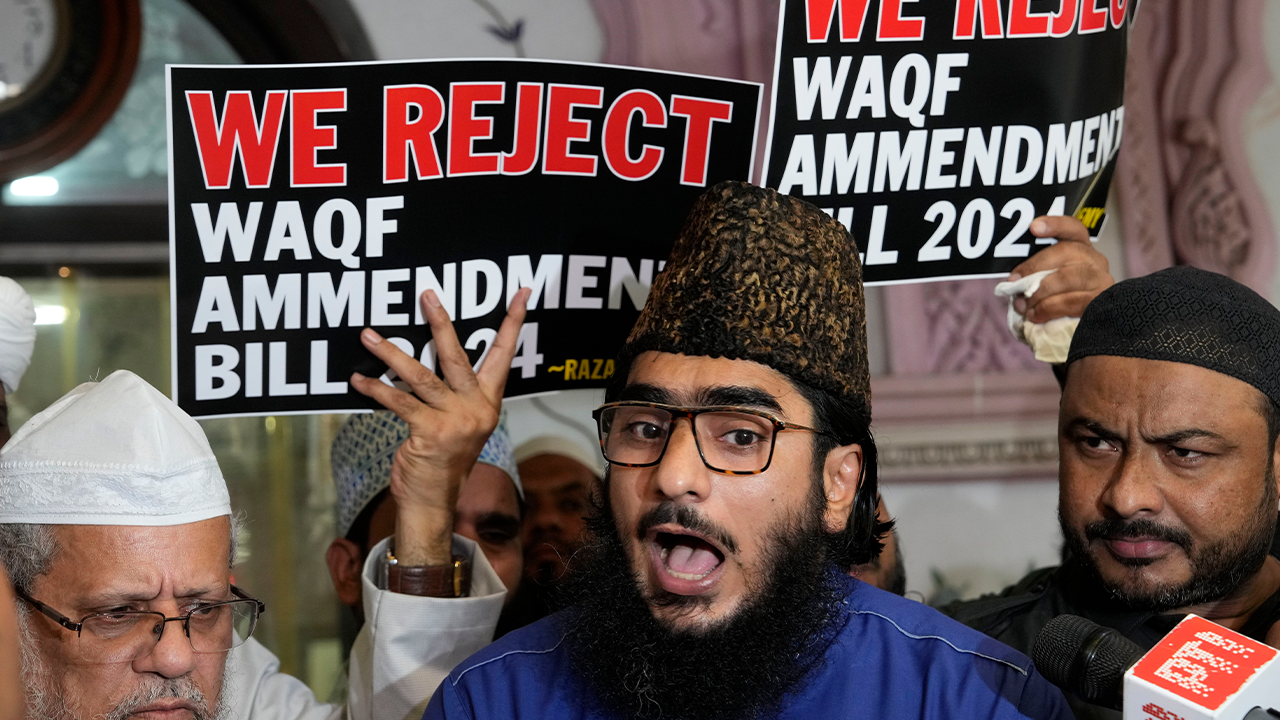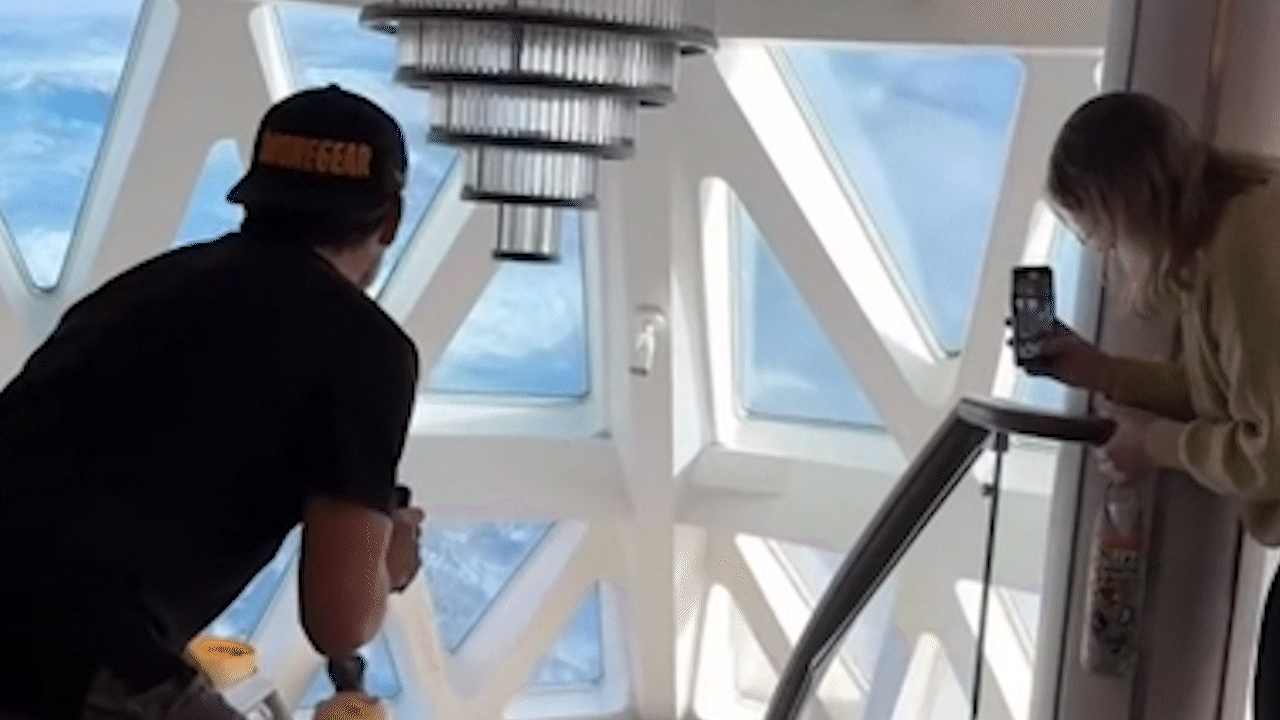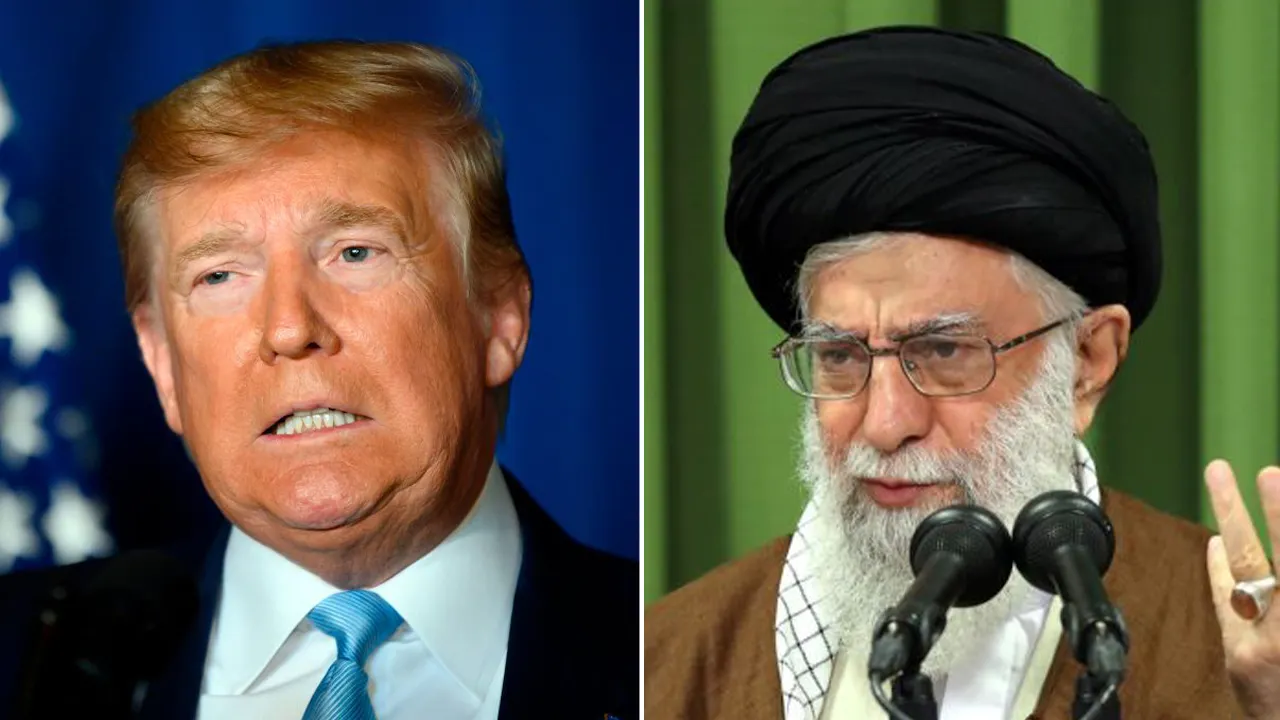A non-profit has detected the well-known ‘Doppelgänger’ campaign spreading content aimed at swaying German voters.
Russia has revived its disinformation tactics to boost the far-right Alternative for Germany (AfD) party and discredit its rivals, weeks before Germans are set to vote in a new government on 23 February.
German non-profit CeMAS said this week it had detected hundreds of posts spreading misleading claims about the election on X, formerly Twitter, with indications they belong to Russia’s notorious Doppelgänger campaign.
Doppelgänger involves cloning the websites of renowned media outlets by purchasing similar-looking domains and imitating their layout and style. The falsified articles are then amplified by bot-like accounts on social platforms.
It allows Russian-backed actors to make their propaganda and disinformation look like it’s coming from legitimate sources.
First detected in 2022, the campaign originally spread false claims about Russia’s invasion of Ukraine, but is now used to target European voters and discredit the West.
Authorities in the European Union, the United Kingdom and the United States have already sanctioned the PR firms and individuals believed to be behind the campaign.
CeMAS says it identified 630 posts on X in German with “typical Doppelgänger patterns” between mid-December and mid-January. Many included links to falsified websites purporting to be German media such as Der Spiegel and TV channel Welt.
The posts included negative depictions of the Greens – who were blamed for Germany’s economic woes – Chancellor Olaf Scholz’s Social Democratic Party (SPD) and the conservative Christian Democratic Union (CDU).
All references to Alternative for Germany (AfD) – the far-right party which is currently trailing the CDU in second place in the polls – were positive, according to CeMAS.
One post, which shows a picture of AfD leader Alice Weidel, reads: “Constant confrontation with Russia only harms us. It is time for a change in politics. AfD shows the way.”
Many of the accounts publishing the posts have already been suspended by X. Euronews contacted the platform with questions about the measures it is taking to dismantle the campaign, but had not received a response at the time of publication.
Calls for quicker action to shut down campaigns
While Doppelgänger has been weakened by sanctions and investigations since it first emerged in 2022, experts are calling for harsher measures to shut it down completely.
Recent probes by German investigative platform Correctiv and Swedish NGO Qurium found that the campaign had been using the services of European IT companies. The revelations prompted several European service providers to revoke relevant licenses and banish the campaign from its operations.
But there are fears Moscow is finding new ways to circumvent sanctions.
A December 2024 report by non-profit Alliance 4 Europe alleges X is “knowingly not dealing with illegal content” and failing to tackle the Doppelgänger campaign.
Due to the sanctions placed on the entities behind the campaign, platforms such as X and Meta are obliged to address the influence operations on their sites.
In January, Russian state-media RT — which has been sanctioned in the European Union — opened a new X account for its German-language RT Germany (RT DE) channel, accumulating over 17,000 channels in just days.
Archives of the page suggest it was paying X for the blue “verified” check mark, despite a prohibition on financial transactions between X and sanctioned entities.
X has since removed the account.
Read the full article here

